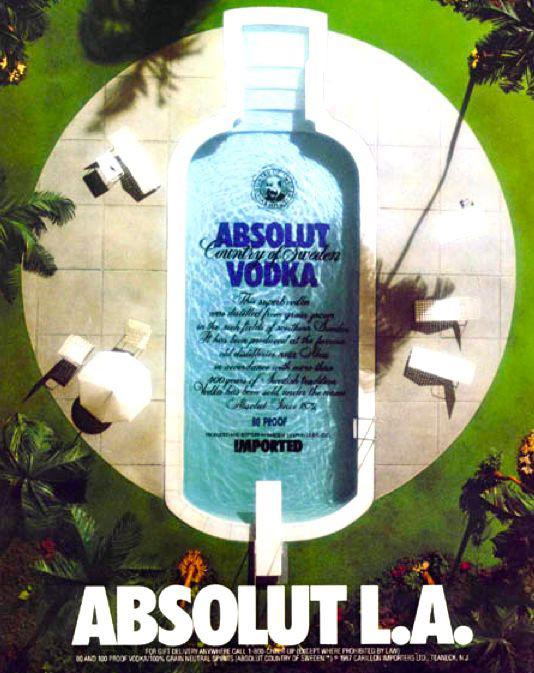In 1997, a marketing genius named Sidney Frank built a brand that went from $0 in sales to being sold for $2 billion in an all cash deal to Bacardi.
In only 8 years.
Unsurprisingly, Frank used psychology and behavioral science to do it (whether he knew it or not)...
Prefer to watch this case study? Check out the video below or keep reading.
Sidney Frank: Psychological Marketing Genius
You may not know Sidney Frank’s name but you DEFINITELY know his products - brands like Jagermeister and Corazon Tequila.
He was born in 1919 and grew up a poor farmer’s kid in Connecticut. Frank managed to get into Brown University but had to drop out when he couldn’t afford to pay tuition. But Frank married a rich woman whose father owned a successful liquor business and there he learned the tools of the trade.
Sidney eventually left the family business to make his mark with his own liquor company. He hit pay dirt when he discovered German immigrants drinking a strong liquorice-flavored spirit called Jagermeister (which up until that point was a niche, after-dinner ritual). Sidney Frank reframed and repackaged Jagermeister to become a favorite of hard partying college students and the rest is history.
But by the 90s Sidney Frank was looking for bigger fish to fry.
American drinking trends were moving away from beer and into more sophisticated cocktails, driven by the young urban professionals made famous in shows like Sex and the City. So Frank decided that a luxury vodka would be his next big enterprise.
Grey Goose: The World's Most Luxurious Vodka
When Sydney Frank founded Grey Goose, the fanciest vodka on the market was Absolut - famous for its iconic bottle and advertising.
And Absolut was expensive.
In 1996 it sold for $15-17 bucks a bottle. And at the time that was considered to be an outrageous amount of money to pay for a single bottle of vodka.
But Sidney Frank knew he’d have to steal some of Absolut’s premium market share for his new brand to be a success. So what did he do?
A more short-sighted marketer might've undercut Absolut and charged $10 dollars a bottle. But Frank understood the psychological power of pricing. So he just decided to sidestep all that competition and charge an eye watering $30 a bottle.
This worked because of two psychological principles:
- Irrational Value Assessment says that people don’t value products objectively, instead we figure out how much something should cost based on context cues and how they make us feel.
- The Price-Quality Effect says that, for certain types of products, people often assume a higher-priced product is higher quality than a cheaper one.
As powerful a psychological signal as price is, Frank knew you couldn’t rely on people to buy something just because it was expensive.
He knew that if he wanted to charge $30 dollars a bottle for his vodka, he’d need a product story that was interesting, distinct from other vodka brands, and that screamed luxury and sophistication (two things that vodka wasn’t known for at the time).
So Frank gathered his team at his company’s headquarters and told them to go to the country best known for luxury and sophistication - and bring back a vodka.
That’s right, Sidney Frank sent them to France.
A country that didn’t even have a vodka distillery in it.
Instead they met with cognac distillers, whose business had slowed down.
The distillers needed something different to distill, so they happily switched the stills over and began creating the world’s first French vodka.
Now Sidney Frank had a product, a price, a name, and a psychology-driven strategy that made Grey Goose one of the fastest-growing and most successful spirits brands of all time.
Want to learn more about how your buyers tick (using marketing psychology, behavioral science, and predictive AI)?
👉 When you’re ready, Choice Hacking can help:
- Coaching: Looking for clarity, focus, and confidence in your marketing and/or career? Behavioral Science-powered 1-on-1 Coaching could be a good match for you.
- Courses & Skill Sessions: Improve your customer experience, customer journey maps, presentations, landing page conversion rate, and more with the power of applied behavioral science in a self-directed course.
- Training: We can help your team level up their work with psychology, behavioral science, and AI training.
- Consulting: Get professional insight to grow your business with projects like:

